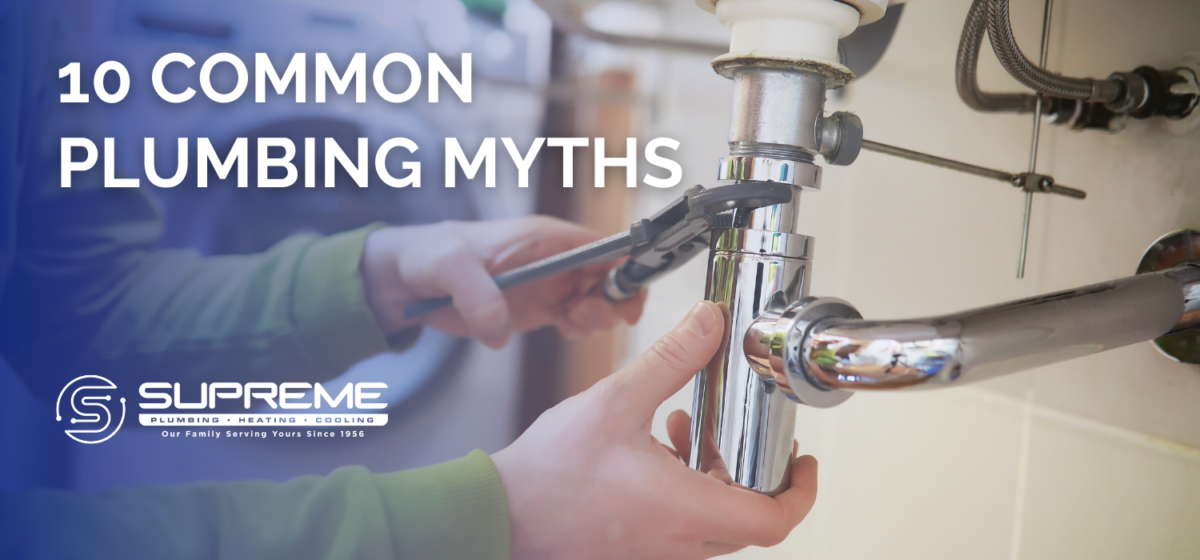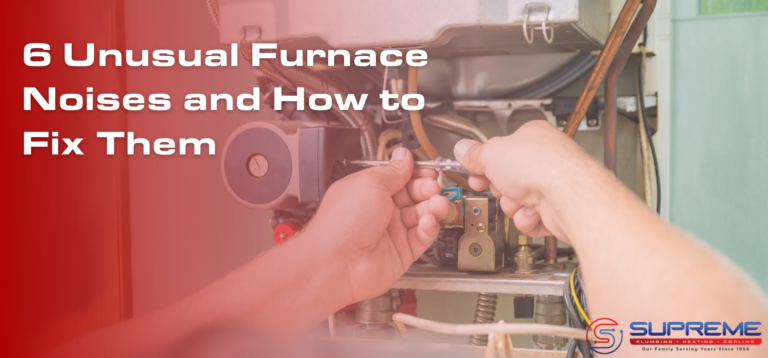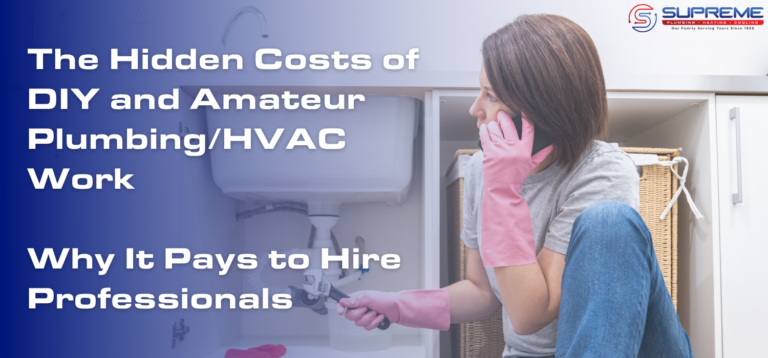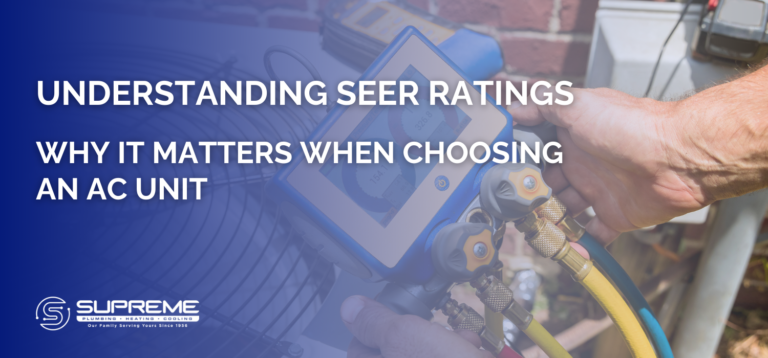When it comes to plumbing, there’s no shortage of misinformation floating around. Some of these myths can lead to costly repairs, wasted water, and unnecessary stress. Let’s bust some of the most common plumbing myths once and for all!
1. Hot Water Helps Grease Dissolve Down Drains
The Truth: While hot water might temporarily melt grease, once it cools in your pipes, it solidifies and creates stubborn clogs that are difficult to remove. Instead of rinsing grease down the drain, allow it to cool and dispose of it in the trash.
2. Water Heaters Can't Explode
The Truth: Water heaters absolutely can explode if pressure relief valves fail or temperature settings are too high. This is why regular maintenance of your water heater is important for safety. Having a professional check these safety features annually can prevent dangerous situations.
3. In-Tank Toilet Cleaners Are Harmless
The Truth: Those colorful tablets might keep your toilet bowl looking clean, but they often contain harsh chemicals that can damage rubber seals and other components inside your tank. This leads to leaks and potentially costly repairs down the line. Consider bowl-only cleaners instead.
4. Plunging Harder Will Clear Any Clog
The Truth: Aggressive plunging can actually damage pipes and fixtures, especially in older homes. For stubborn clogs, a drain snake or professional help is often more effective and less likely to cause additional problems.
5. Water Pressure Regulators Are Optional
The Truth: Many homeowners believe high water pressure is always better, but excessive pressure puts strain on your entire plumbing system. Without a properly functioning pressure regulator, you risk premature wear on appliances, fixtures, and pipes. Ideal water pressure should be between 40-60 PSI, and the International Residential Code set the maximum water pressure for homes at 80 PSI.
6. All Pipe Materials Last the Same Amount of Time
The Truth: Different pipe materials have vastly different lifespans. While copper pipes can last 50+ years, PVC might need replacement after 25-30 years, and older galvanized steel pipes often begin failing after just 20 years. Understanding what's in your walls can help you plan for necessary upgrades.
7. Leaking Fixtures Only Waste a Little Water
The Truth: Even a slow drip can waste hundreds of gallons per year. A faucet leaking at one drip per second wastes approximately 3,000 gallons annually—that's enough to fill multiple bathtubs! Fixing leaks promptly not only conserves water but also prevents potential water damage.
8. Hand Soap Works as Well as Dish Soap
The Truth: Hand soap can actually leave residue in your pipes that builds up over time, potentially leading to clogs. Dish soap is formulated to break down grease and food particles, making it a better choice for kitchen sinks.
9. Your Water Meter Only Needs Attention When There's a Problem
The Truth: Regularly checking your water meter can help you catch hidden leaks before they cause damage. If all water sources are turned off and your meter is still running, you likely have a leak somewhere in your system that needs immediate attention.
10. DIY Plumbing Always Saves Money
The Truth: While minor fixes like replacing a faucet washer might be DIY-friendly, more complex plumbing work often requires professional knowledge. Incorrect DIY repairs can lead to water damage, code violations, and eventually more expensive professional repairs.
We’re Here to Help Answer Your Plumbing Questions
Understanding the truth behind these common plumbing myths can help you make better decisions about maintaining your home's plumbing system. Regular maintenance and knowing when to call a professional can save you time, money, and stress in the long run.
If you're experiencing recurring issues or are unsure about the condition of your plumbing system, our team at Supreme PHC is here to help!











